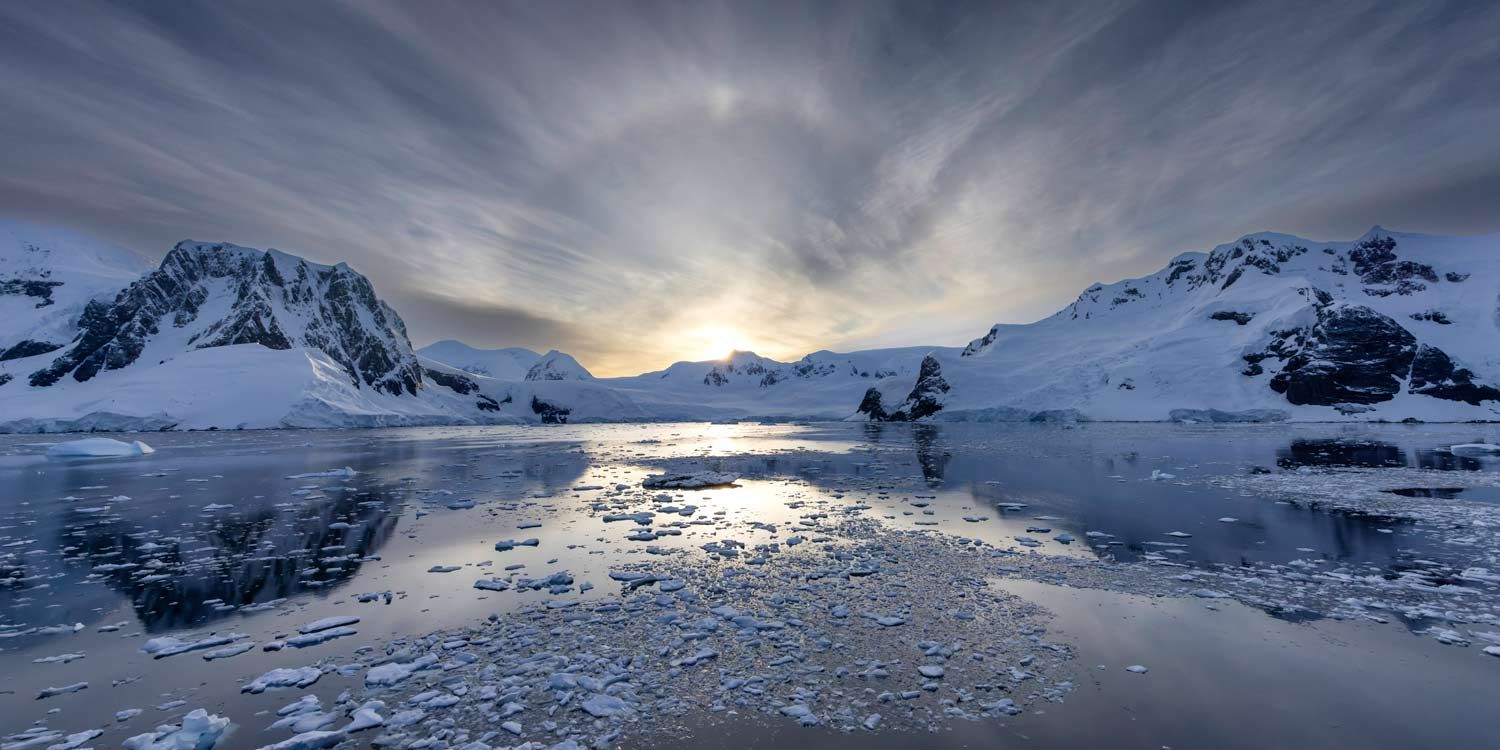Krill fishing in Antarctica has become a focal point in the sustainability debate, given krill’s vital role in the marine ecosystem. Several industry players have adopted innovative methods and certifications to ensure that krill harvesting is done responsibly. (1)
Sustainability Certifications and Fisheries Management
Antarctic krill fishing is regulated by the Commission for the Conservation of Antarctic Marine Living Resources (CCAMLR), which follows an ecosystem-based approach. This means fishing is permitted as long as it doesn't harm other parts of the ecosystem. Currently, the total allowable catch is limited to 1% of the total biomass, but the industry harvests only about 0.5%. (2)
MSC Certified
Aker BioMarine was the first company to have its krill fishery certified by the Marine Stewardship Council (MSC) back in 2010, and it has since been recertified twice with no conditions. MSC certification guarantees sustainable fishing practices, minimal ecosystem impact, and traceability throughout the entire supply chain. (3)
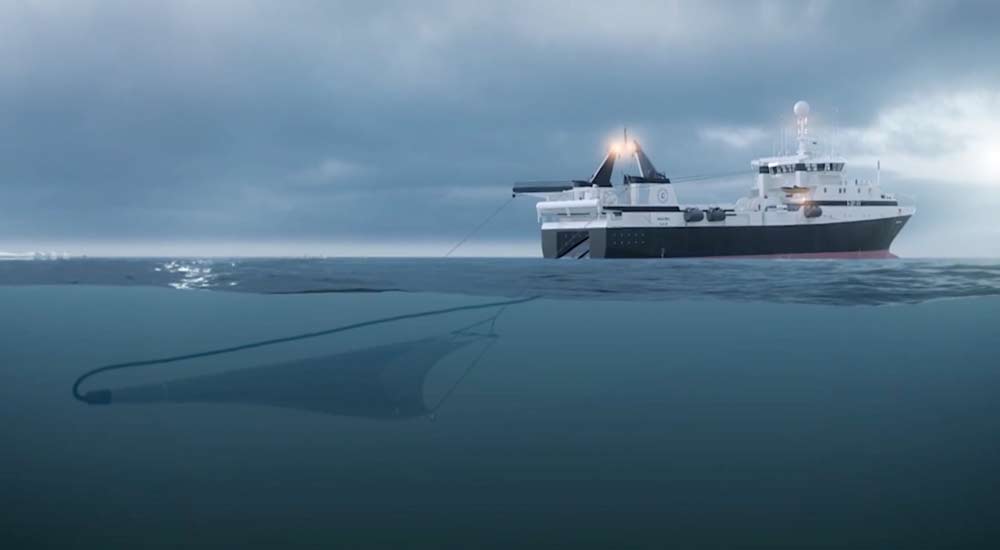
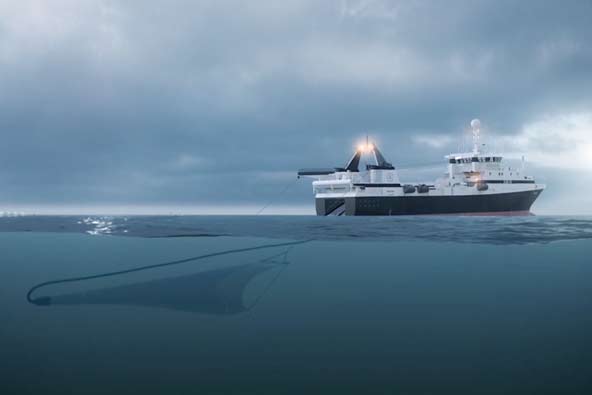
Eco-Harvesting: An Innovative Fishing Method
Aker BioMarine has developed a technique called Eco-Harvesting, designed to reduce bycatch and stress on the krill. The method uses a continuous trawl system with fine mesh nets and underwater cameras to monitor the catch. Instead of hauling the net to the surface, krill is pumped through a hose directly into the vessel, reducing harm to other species and improving catch quality. (4)
100% Traceability
Our krill oil can be traced all the way back to its origin. When you purchase our krill oil, you can rest assured it comes from a reputable and trustworthy source.
Consumers and regulators are increasingly demanding transparency about the origin and production conditions of their products. That’s why Aker BioMarine sees full traceability as a key advantage that sets them apart in the marketplace. (5)
Aker BioMarine owns and controls its entire supply chain — from harvesting krill in Antarctic waters to the finished product — giving us complete oversight. Their custom-built vessels log the exact location of every krill catch, which is linked to each batch of krill oil. So when you choose our krill oil, we know precisely where each capsule comes from.
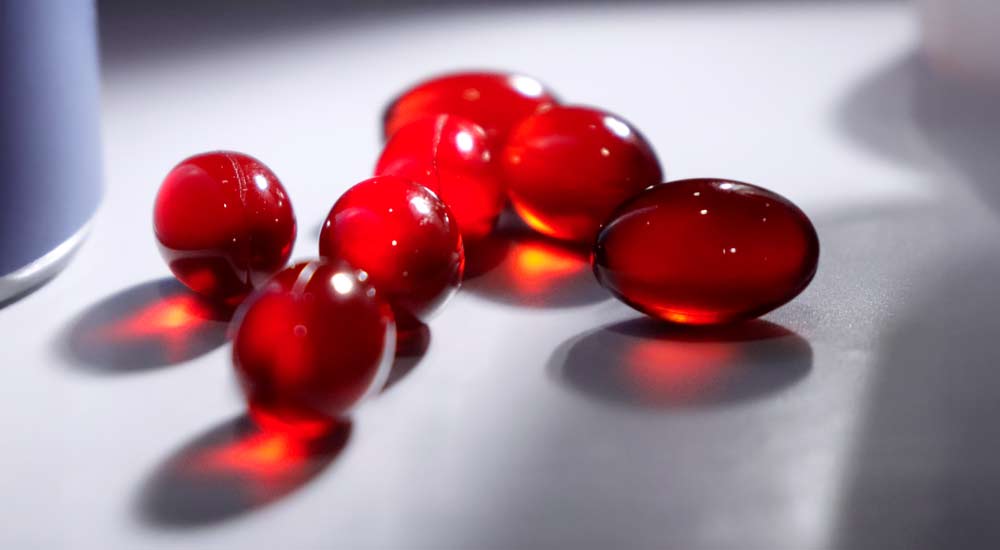
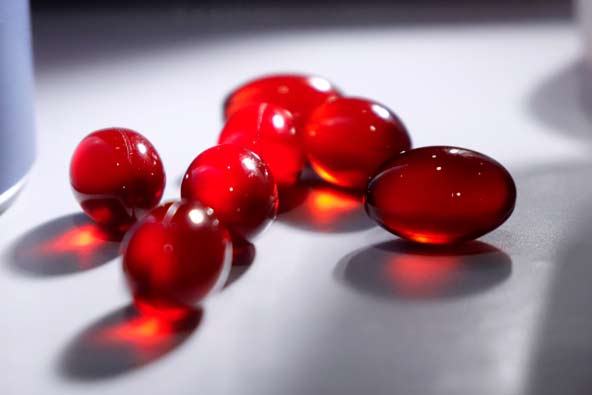
Top Marks for Sustainability
Harvesting krill in Antarctica is both challenging and expensive. This can tempt some manufacturers to cut corners, at the expense of the ecosystem and the quality of the krill oil.
A sustainability report by the NGO Sustainable Fisheries Partnership (SFP), which reviewed 24 fisheries, found that one-third — representing 3.5 million tons of fish biomass used for fish oil — were "poorly managed."
However, we found a different kind of supplier in Aker BioMarine — one that prioritizes high-quality practices and long-term sustainability.
SFP gave each of the 24 fisheries a sustainability rating from A to C (with B1 and B2 as intermediate levels). Twelve of the fisheries received a "C" rating, and eleven were rated B1 or B2.
Only one fishery received an "A" — the very same one that supplies our krill oil. We’re proud to say that the fishery behind our product earned the top sustainability and management rating.
Criticism and Challenges
Despite these efforts, krill fishing still faces criticism. Greenpeace has raised concerns that fisheries are expanding into sensitive areas, potentially threatening the Antarctic food chain. Species like penguins, whales, and seals rely on krill for survival, and growing demand could lead to overexploitation.
It’s clear that strict oversight is essential. While there are sustainable operations, there are also fleets that sweep the Southern Ocean, raising major concerns. Not all fisheries are alike, and generalizations risk overlooking those that actually follow best practices. (6)
Conclusion
Sustainable krill fishing is possible through rigorous management, innovative harvesting techniques, and independent certification. But to ensure it stays that way, continuous monitoring and evaluation of environmental impact is essential for long-term marine health.
References
- https://www.greenpeace.org/sweden/publikationer/hav/licence-to-krill-det-antarktiska-fisket-som-doljs-under-ytan/
- https://www.akerbiomarine.com/sustainability/certifications
- Ibid.
- Ibid.
- https://www.superbakrill.com/krill-oil/sustainability
- https://www.theguardian.com/environment/2024/nov/02/china-russia-team-up-krill-fishing-restrictions-antarctica

